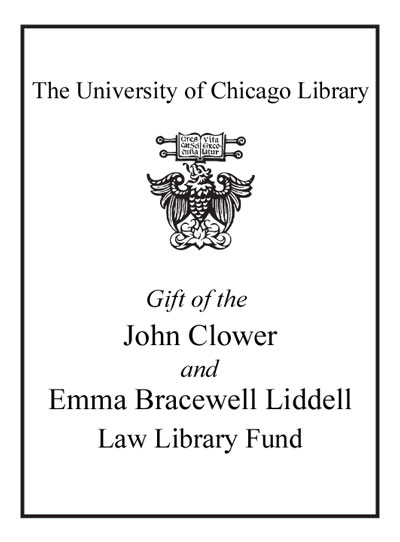| Summary: | "With the ever-increasing interconnection between markets, businesses and individuals from all over the globe, professionals are asked to develop a greater interest in the international implications of contracts. This book focuses attention on the distribution agreement, one of the most widely used contractual schemes in the practice of international exchanges, providing a analysis and information on the issues that should be considered by the practitioner when drafting, interpreting or executing an international agreement. Issues relating to the choice of the governing law, the competent court, the validity or invalidity of some clauses, the impact that the language of the contract may have, as well as the different meaning and scope of application of some principles, such as good faith and le estoppel, are analyzed from a transnational perspective, highlighting how the same issue can be regulated differently depending on the regulatory framework that governs it. In this second edition, the distribution relationship has been evaluated mainly across the legal systems of the European Union, the United States and Latin America, while not missing references to other regulatory frameworks, which are highlighted in correspondence with particular issues"--
|
|---|

